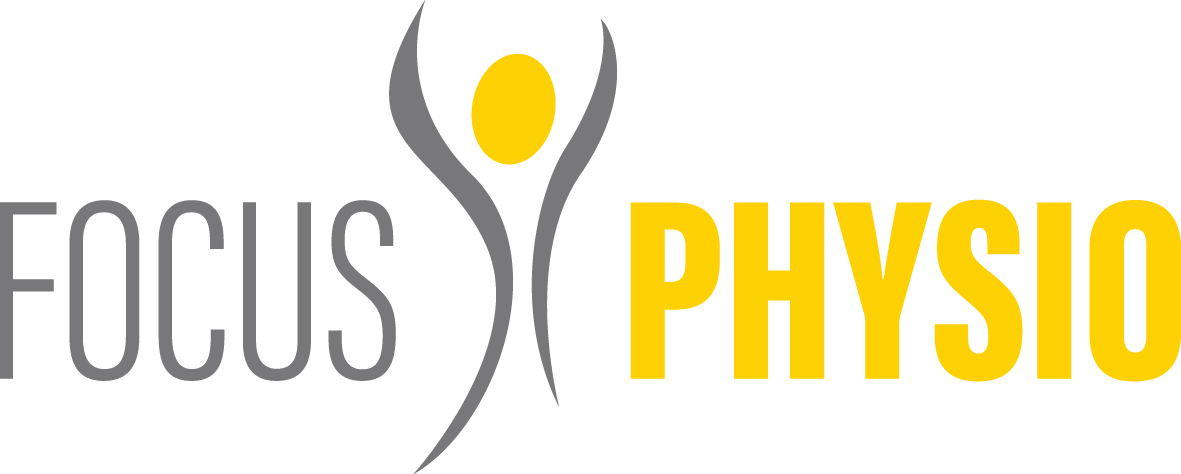We have always thought that it was really helpful when considering courses, to do a bit of research around the internet and see what other participants had thought of the particular course we were interested in.
As part of the clinic’s professional development plan, our physio Alyssa went up to Auckland to partake in the FMS Level 1 & 2 certification, and here, she reflects on the course for anyone who might be interested in attending the course in future as well.
=======================================================================================================
You may have noticed that we have been performing this FMS in our clinic during or near the end of your sessions.
Recently, I had the opportunity to travel to Auckland to attend Functional Movement Screen (FMS) Level 1 and 2, hosted by William Jenkins. Will is a Personal Trainer based in Les Mills, Newmarket and is a lead instructor for FMS and Functional Capacity Screen (FCS) in New Zealand. FMS is a useful tool for any practitioner in the fitness or health field as it allows us to use the same standard operating procedure to screen movement consistently without making any assumptions or missing steps and tells us when to refer.
The body is an incredibly complex, finely tuned machine which consists of muscles working in harmony to produce movements. The brain doesn’t recognise individual muscles but patterns of movement, therefore when looking at how well someone moves, it naturally makes more sense to look at movement patterns rather than joints/muscles in isolation. For this reason, the Functional Movement Screen was developed to create a baseline for movement. If you’re able to move at an appropriate level, according to the criteria of the screen, further testing of performance or skill can be done. If, while you move you have pain, it is important to break down the movement pattern into parts via the Selective Functional Movement Screen (SFMA) to find out why you have pain, as pain changes the way we move, making you move less efficiently.
There are 8 movements of the screen that were created based on their high applicability to daily life, work and sport.
Active straight leg raise
Shoulder mobility
Ankle mobility
Rotary stability
Trunk stability push up
Inline lunge
Hurdle step
Deep squat
The course was split into FMS level 1 and level 2 over a span of 3 days. On the first day, we went over a lot of theory such as the movement principles and performance pyramid that helped guide movement observation, screening, assessment and treatment. The rest of the day was spent going over each movement pattern in detail to understand how these movements may relate to our clients in every day, work or sporting environments.
The next two days we screened our peers using the FMS kit and focused on giving clear verbal instructions and being accurate with our set up and scoring. This is crucial in the FMS because if you incorrectly score someone, you may have missed the “weak link” that may make your intervention ineffective. It was great to see a whole variety of people with different movement patterns and scores of 1, which proves the point that even if you are fit, you don’t necessarily move well.
On the last day, we were introduced to corrective exercises which are only prescribed for patterns that were given a score of zero. These included mobility correctives (such as stretches, joint mobilisation, soft tissue massage, breathing exercises among others) and static and dynamic motor control exercises. We went through many examples of helpful correctives for each movement pattern but the takeaway point was that the best exercise for someone is one that improves their movement pattern. If it doesn’t, move on. At the very end of the course we were given the task of creating the optimal corrective exercise program for someone we had screened ourselves, ensuring that when we re-tested, the score improved. It was a great way to tie everything together and apply all the knowledge we had learned over the previous three days.
The FMS course is a very practical, engaging and hugely enjoyable course and I would recommend it to anyone who wants to help their clients meet their goals for movement and fitness health with insight into developing the most effective exercise programs based on principles of movement, neurodevelopmental sequence and regional interdependence.
A big thank you to Will for creating such a fun and engaging atmosphere for interacting and learning from different individuals.







